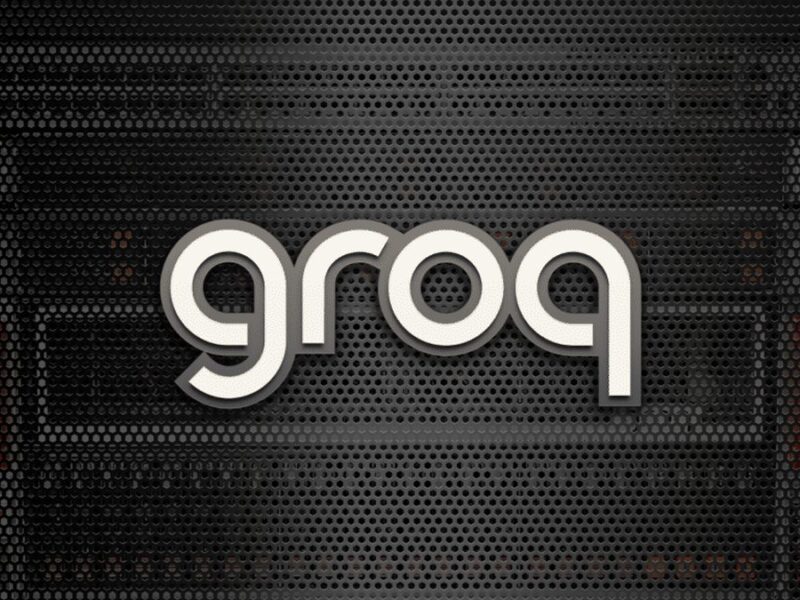Nvidia has placed a new order with TSMC for 300,000 H20 AI GPUs following unexpectedly strong demand from Chinese technology companies, according to Reuters. This decision comes after the Trump administration reversed an April ban on the H20 chip, which is specifically designed to comply with U.S. export controls while still being capable of handling demanding AI inference tasks.
Nvidia’s current course represents a shift from previous statements. Nvidia CEO Jensen Huang, during a visit to Beijing, suggested that H20 production would remain suspended unless significant customer demand justified resuming production. Restarting production was estimated to take nine months. However, the company is now moving forward with additional orders given that its existing stockpiles of between 600,000 and 700,000 H20 units are rapidly decreasing. Reports of smuggling and a growing repair market for GPUs that are subject to bans have also influenced the decision.
The H20 GPU is designed for AI inference tasks. Though it lacks the raw power of Nvidia’s flagship H100 or the newer Blackwell series, industry experts have noted that it is specifically tuned for AI inference workloads. Some go so far as to assert that it can outperform the H100 in particular applications. Prior to the April ban, major Chinese technology companies, including Tencent, ByteDance, and Alibaba, had already accumulated substantial supplies of the H20, often using them with DeepSeek’s cost-optimized AI models.
Despite the reversal of the ban, the U.S. government maintains oversight regarding export controls. Nvidia is still required to obtain export licenses for H20 shipments to China. Sources have indicated that the Commerce Department has not yet approved these licenses. Nvidia is requesting that Chinese customers provide detailed order forecasts and documentation, which indicates a strategy for stricter distribution control.
The financial implications for Nvidia are substantial. Following the April ban, the company cautioned about a potential $5.5 billion inventory write-off and an additional $15 billion in lost sales. Nvidia’s total H20 sales in 2024 were approximately 1 million units, making the current TSMC order for 300,000 units nearly one-third of the previous year’s total volume.
Political opposition to Nvidia’s strategy is increasing in the United States. Twenty U.S. national security experts, including former officials from both the Bush and Trump administrations, have urged the Commerce Department to reinstate the ban on the H20. These experts argue that the H20’s inference capabilities could significantly advance China’s AI capabilities. The letter sent to the Commerce Department states that H20’s performance could strengthen Chinese military AI efforts and undermine U.S. export control policies. Jensen Huang has previously expressed disagreement with such concerns.
Nvidia believes that maintaining a strong presence in China’s software ecosystem is crucial for its long-term market dominance. The company fears that if Chinese developers fully transition to competing solutions, such as those offered by Huawei, the long-term consequences could exceed any short-term political repercussions. While the H20 is not Nvidia’s most powerful chip, it has taken on an outsized role in the context of U.S.-China technology competition and geopolitical strategy.

